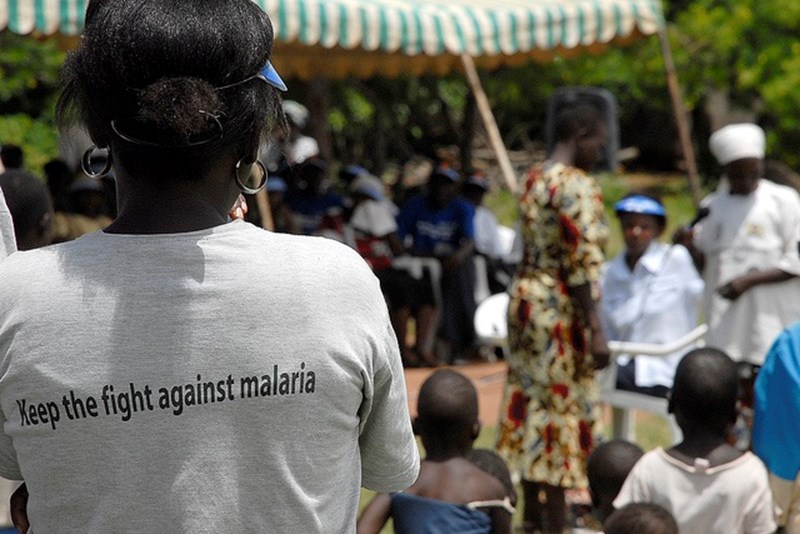
Here's the lowdown on the killer disease that around 2,000 UK travellers contract every year.
What is malaria?
Malaria is a serious tropical disease spread by mosquitoes; it can be fatal if not caught and treated in time. Those infected are dealing with a parasite in their blood; an intermittent fever is caused by the parasite, which invades the red blood cells.
If the right drugs are used, people who have malaria can be cured and all the malaria parasites can be cleared from their body. However, the disease can continue if it is not treated or if it is treated with the wrong drug.
Where could you catch it?
You’re most likely to catch it in tropical regions, and it’s present in more than 100 countries, including. large areas of Africa and Asia, Central and South America, Haiti and the Dominican Republic and some parts of the Middle East.
What are the symptoms?
Symptoms can develop within a few days or can take as long as a year to appear. They include:
A high temperature (fever)
Sweats and chills
Headaches
Vomiting
Muscle pains
Diarrhoea
If you find you have any of these symptoms, seek medical assistance at once. Healthcare professionals will take a blood test and if you test positive, treatment will begin at once.
How can I prevent catching it?
Research the country you are heading to and let your doctor know where you’re going, and the length of your trip. If appropriate, they will prescribe a course of antimalarial tablets. It is very important that you take the correct dose and that you finish the course of antimalarial treatment.
It’s also worth taking precautions when you’re abroad. Make sure your arms and legs are covered, use plenty of mosquito repellent and use a mosquito net at night.
Do we cover you if you catch malaria while you’re abroad?
No, not if you haven’t taken the relevant precautions. As per the Emergency Medical Expenses & Repatriation element of our policy, you are not covered for expenses incurred as a result of a tropical disease where you have not had the NHS recommended inoculations and/or taken the NHS recommended medication.
Image credit: Flickr/US Army Africa
← Keep your holiday off social media if you want your insurance claims to stand up